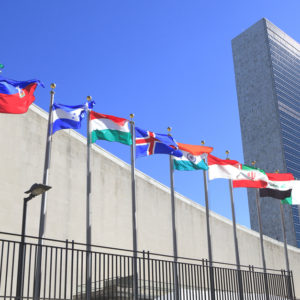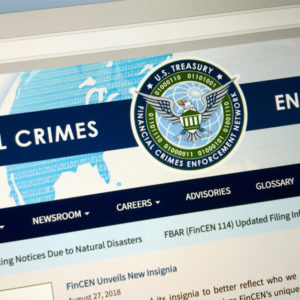
Ian Gary named Executive Director of the Financial Accountability and Corporate Transparency (FACT) Coalition
The FACT Coalition is pleased to announce Ian Gary as its next executive director.


The FACT Coalition is pleased to announce Ian Gary as its next executive director.
The FACT Coalition, Oxfam America, and Public Citizen host a panel discussion on the role of international tax policy on jobs offshoring. While the COVID-19 pandemic wreaks havoc on our economy and public finances, ending offshore corporate tax dodging to protect American jobs and raise revenue from profitable companies is more important than ever.

The FACT Coalition and Oxfam America host a panel of experts for a discussion on the growing U.S. and international demand for corporate tax transparency.

A new UN report exposes major shortcomings and systemic problems in the global framework to combat tax abuse, corruption, and money laundering.

A new investigation published by a global network of news outlets reveals major flaws in U.S. anti-money laundering safeguards.
2020 is turning out to be an eventful year in the fight against corrupt financial practices.